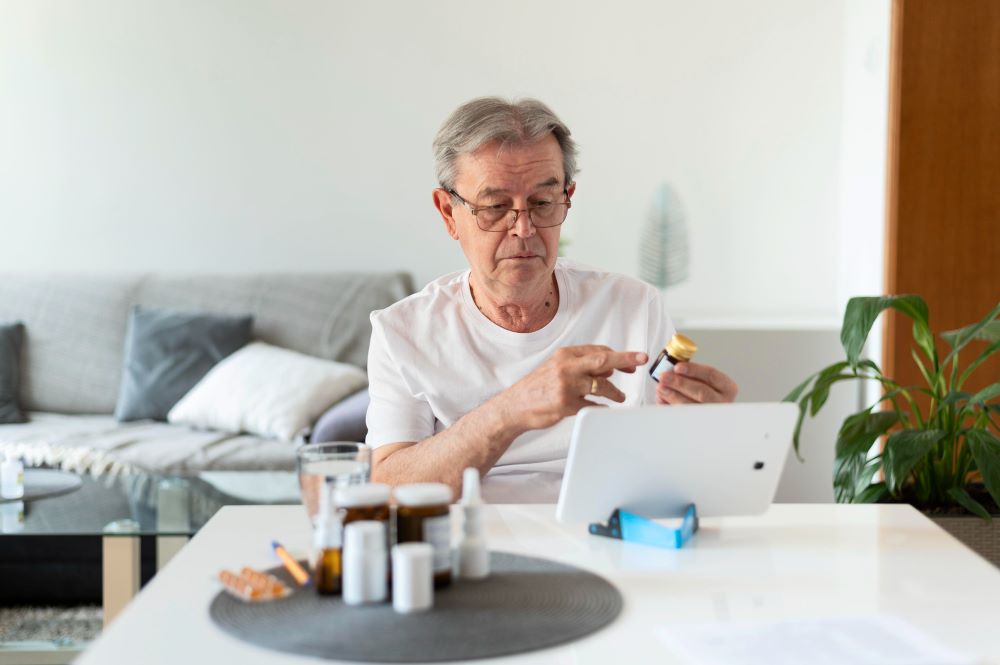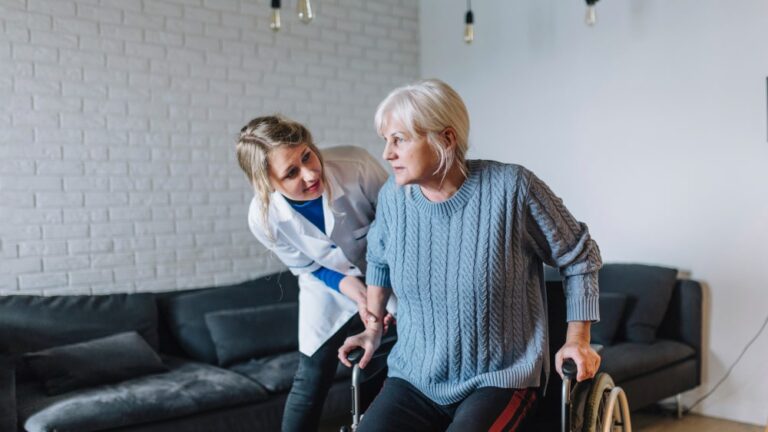Prescription drugs play a vital role in managing various health conditions among the elderly population. However, it’s important to understand that misuse of prescription drugs can have serious consequences. Misuse can include taking medication in incorrect doses, combining medications without consulting a healthcare professional, or using someone else’s prescription. In this article, we will discuss the importance of avoiding prescription drug misuse among the elderly and provide valuable tips to ensure safe medication practices.
Understanding the Risks
Prescription drug misuse among the elderly can lead to a range of adverse effects, including:
- Drug Interactions: Taking multiple medications without proper medical guidance can result in harmful drug interactions. Some medications may interact negatively with each other, reducing their effectiveness or causing dangerous side effects.
- Overdose: Misuse of prescription drugs can lead to unintentional overdose, which can have severe consequences on an individual’s health and well-being. Elderly individuals are particularly vulnerable due to changes in metabolism and a higher likelihood of taking multiple medications.
- Health Complications: Inappropriate use of prescription drugs can exacerbate existing health conditions or lead to new complications. It’s crucial to follow the prescribed dosage and usage instructions to avoid potential harm.
Learn More: Senior Post Rehab Care
Tips to Avoid Prescription Drug Misuse
- Open Communication with Healthcare Providers: Maintain open and honest communication with healthcare professionals, including doctors, pharmacists, and specialists. Inform them about all medications being taken, including over-the-counter drugs and supplements. This will help them make informed decisions and minimize the risk of drug interactions.
- Follow Prescription Instructions: It is essential to follow the prescribed dosage, frequency, and duration of medication. Avoid self-adjusting dosages or stopping medication without consulting a healthcare professional.
- Proper Medication Storage: Store medications in a cool, dry place, away from direct sunlight and out of reach of children or individuals who may misuse them. Dispose of expired or unused medications as advised by local guidelines or healthcare providers.
- Avoid Sharing Medications: Each individual’s medical condition is unique, and medications prescribed for one person may not be suitable for another. Never share prescription drugs, and avoid using medications prescribed to others.
- Regular Medication Reviews: Periodically review medications with healthcare professionals to ensure they are still appropriate and necessary. This is particularly important when new medications are prescribed or existing prescriptions are modified.
- Medication Reminders: Use pill organizers or alarms to help remember medication schedules. This can reduce the risk of missed doses or accidental double-dosing.
Learn More: Benefits OF Doctor Routine Check up In 50s and Over
Conclusion
Preventing prescription drug misuse among the elderly is essential for their overall health and well-being. By following proper medication practices, maintaining open communication with healthcare professionals, and being proactive in managing medications, the risk of adverse effects can be significantly reduced. Remember, safe medication practices are crucial for ensuring a healthy and fulfilling life for our elderly loved ones.







